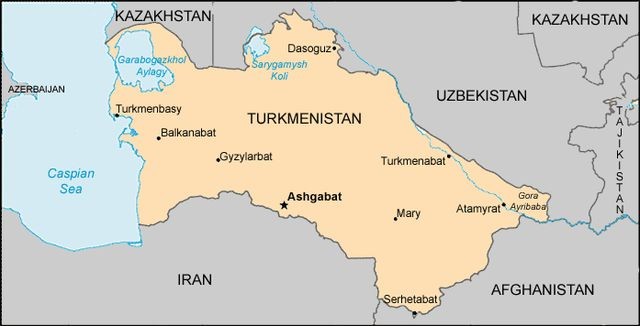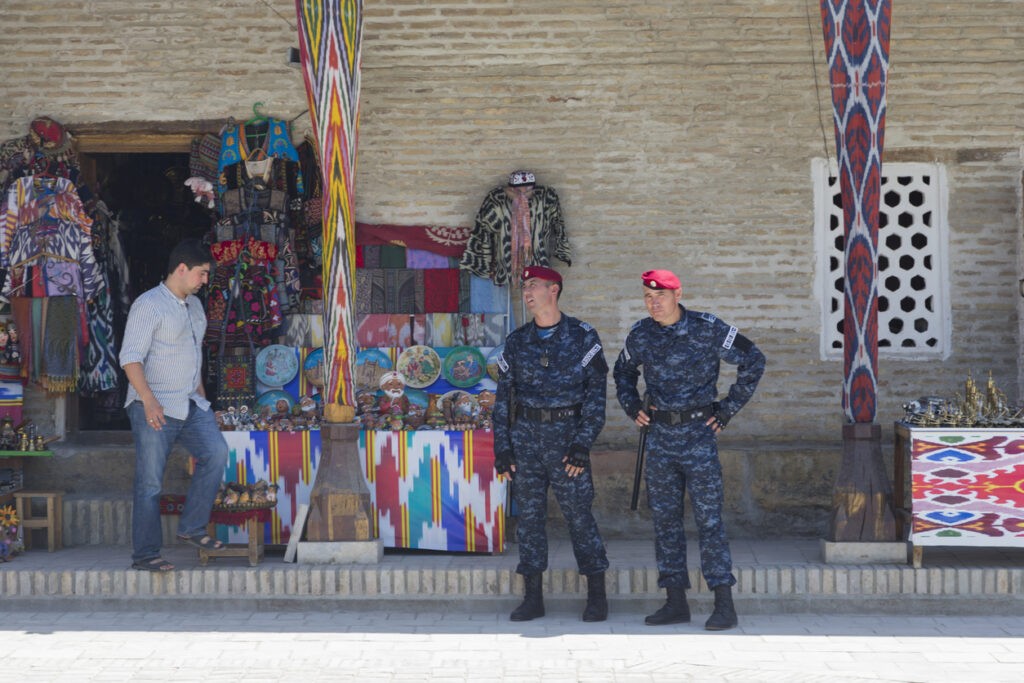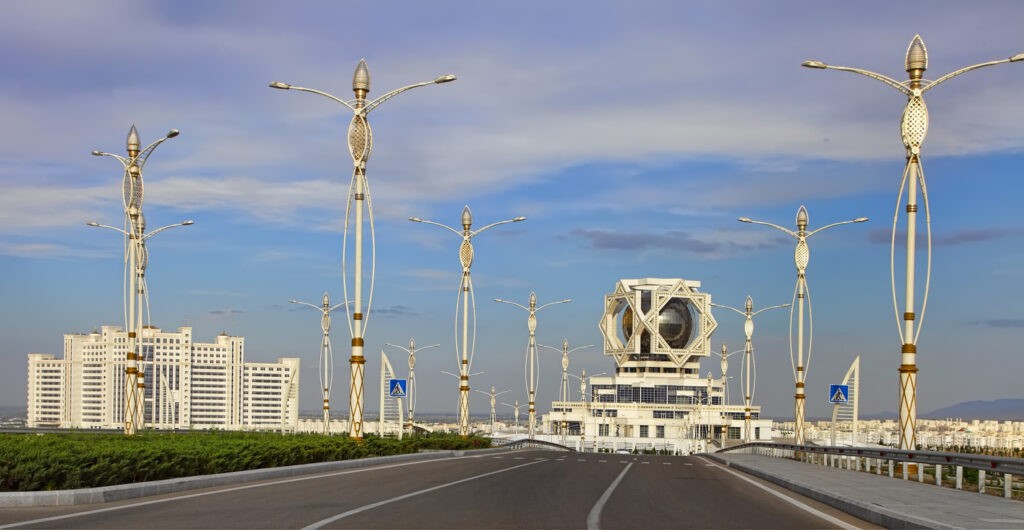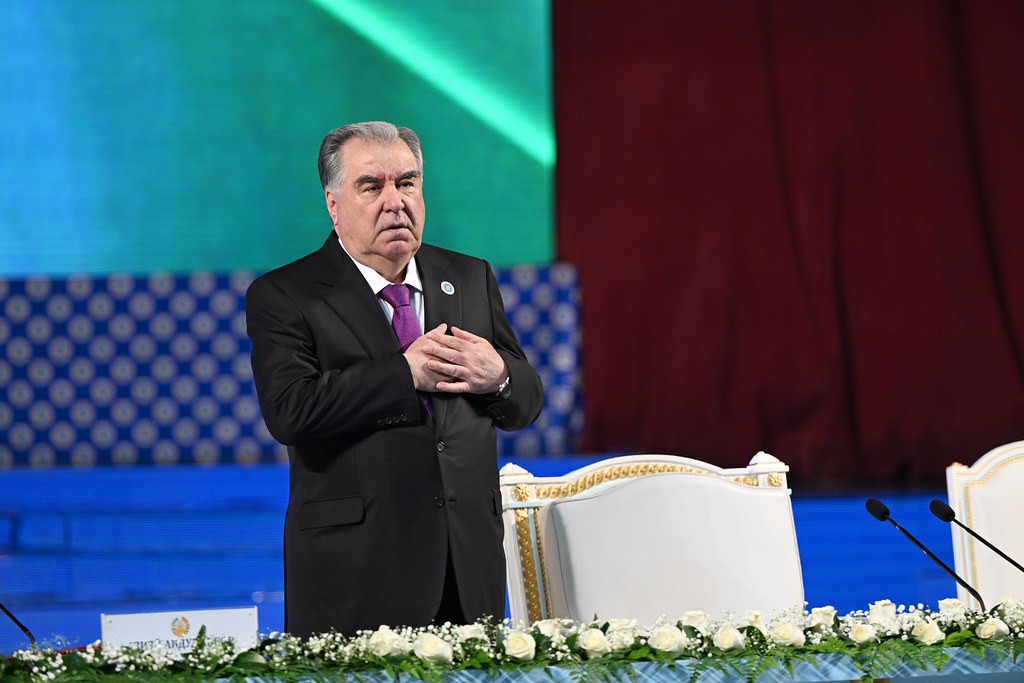ASHGABAT (TCA) — Turkmenistan’s national currency, the manat, has abruptly fallen to a low on the country’s black market, which more accurately reflects the situation in Turkmenistan’s troubled economy than the official fixed exchange rate, RFE/RL’s Turkmen Service reports.
RFE/RL correspondents report that one U.S. dollar was selling at 9 manats per dollar on Turkmenistan’s black market on October 23.
For most of the previous month, the black market exchange rate had been about 7.5 manats for one U.S. dollar.
The official rate set by Turkmenistan’s Central Bank has been fixed at 3.5 manats per dollar since 2015.
Turkmenistan is experiencing an economic crisis. Government revenues have been drained as a result of failed energy deals and low world prices for natural gas, the country’s main export.
There have been shortages of basic food supplies and other commodities in most stores.
The government also has abandoned subsidized prices for utilities like water, gas, and electricity.
Earlier in October, the government announced that Turkmen citizens will have to pay 25 times more for “extra” tap water starting on November 1.
President Gurbanguly Berdymukhammedov said his government would phase out subsidies gradually, indicating there would be more price hikes.
The Chronicles of Turkmenistan independent website reports that the Turkmen market is experiencing a deficit of foreign currency and it is now next to impossible to buy dollars.
In January 2016 the banks of Turkmenistan stopped exchanging foreign currency which led to the flourishing of the black market and a sharp increase in the dollar exchange rate.









